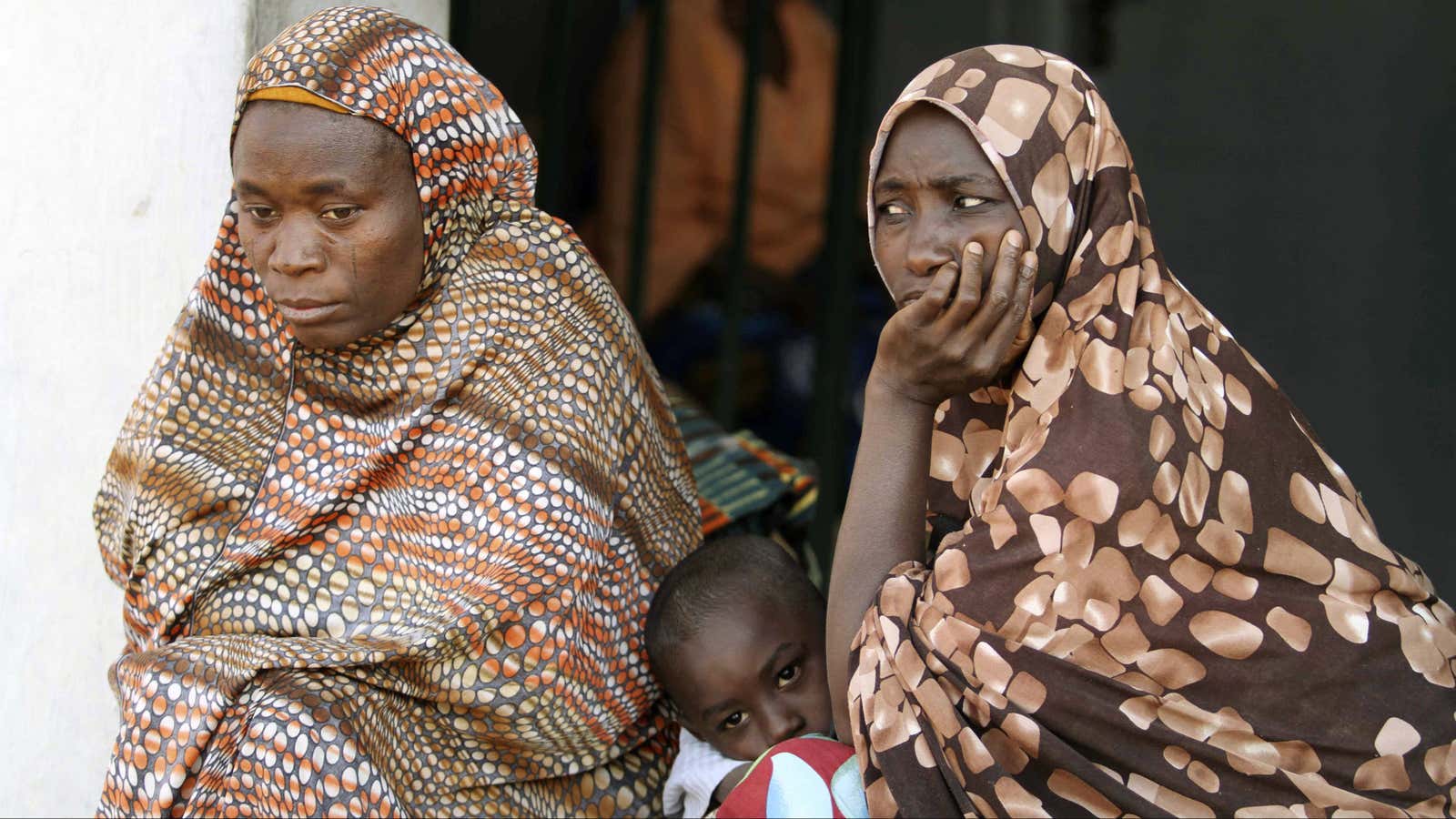The spate of Nigeria’s violent pastoral conflicts is showing no signs of abating.
In one of the bloodiest incidents yet, on Saturday (June 23), more than 200 people were left dead after an attack on villages in Plateau, a state in the country’s middle belt. It follows an earlier attack in January, when 73 people were killed in Benue, another middle belt state, and sparked rhetoric of genocide.
For much of the past two years, recurring pastoral conflict has been a by-product of a tussle for land between herdsmen and farmers in Nigeria’s middle belt. Following increased desertification in Nigeria’s north, nomadic herdsmen have journeyed further south to the middle belt for more fertile grazing land for their cattle. But grazing on farmlands destroys livelihoods of farmers and disrupts communities which has led to violent clashes. For their part, Fulani herdsmen have claimed that their cattle are being stolen and that the violence is the end result.
With the government deemed slow to stop the recurring attacks, president Muhammadu Buhari has faced public backlash for his handling of the crisis. Under his watch, pastoral conflicts have grown to become Nigeria’s biggest internal security threat, overtaking Boko Haram.
Nigeria’s insecurity will again be a key issue for the upcoming election next February along with a sluggish economy. Back in 2015, when Buhari was elected, Nigerians had hoped the former army general would be strong on national security, but the country has seemingly drifted from one security crisis to the next over his tenure. Though Boko Haram’s grip on the northeast has been greatly reduced, there are still intermittent deadly attacks with suicide bombers in crowded areas. Earlier this month, more than 40 people were killed by six young girls strapped with bombs in the town of Damboa, Borno state, as throngs of Muslims celebrated the end of the Eid al Fitr holiday.
In the absence of decisive action by law enforcement forces, several communities in the region are resorting to self-help, according to a report by SBM Intelligence, a Lagos-based research firm. Crucially, attacks on communities are also worsening the humanitarian crisis in northern Nigeria where thousands remain displaced after years of devastating insurgency by Boko Haram.
______________________________________________________________________________
